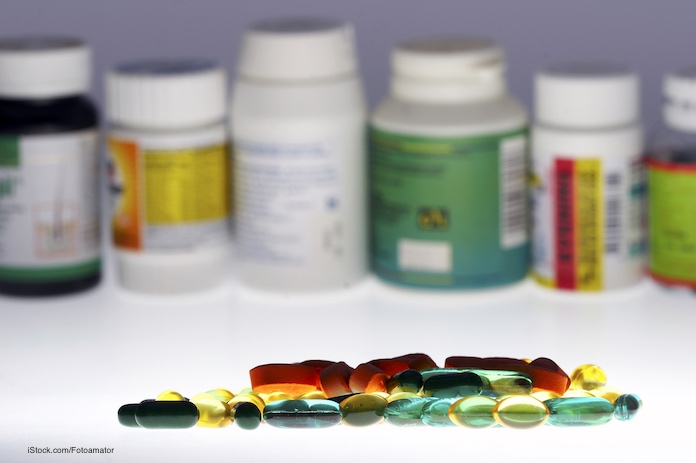The FDA has released a study that finds some bitter orange dietary supplements can contain unapproved drugs. This supplement is sold as a sports performance supplement and weight management supplement. It became popular after Ephedra products, a type of amphetamine, were banned from the U.S. after it was linked to heart attacks, strokes, seizures, and sudden deaths.

But as Consumer Reports points out, the government agency hasn’t begun enforcement action against the companies that make these products, nor has it warned consumers about them. Manufacturers claim that bitter orange supplements increase energy and suppress appetite.
The bitter orange supplements can contain synephrine, an amine, which can cause adverse cardiovascular events, especially when taken with caffeine. For the study, the FDA purchased 59 products that were made with bitter orange peel, its extract, or its amine and analyzed the contents. Several of the products had higher amounts of amines than what is typically expected from bitter orange. And only 22% of the products that made label claims for synephrine were accurately labeled for content.
And about 10% of those supplements contained the synthetic drugs methylsynephrine and isopropyloctopamine. Methylsynephrine, also known as oxilofrine, is a stimulant that has been linked to nausea, vomiting, and cardiac arrest. The World Anti-Doping Agency considers it a doping agent, and it is not approved for use in this country.
Isopropyloctopamine, also known as deterenol, is a compound that does not have a pharmaceutical use. The FDA says its effects in humans are “not known.” Neither of these compounds are permitted in dietary supplements.
Dr. Pieter Cohen of Harvard Medical School told Consumer Reports, “This new FDA study confirms another recent study demonstrating that experimental stimulants are widely available in many brands of dietary supplements. Inexplicably, the FDA has not warned consumers about their alarming findings.”
The FDA claims that this study helps the agency decide on compliance actions it may take in the future. But the FDA did not name any of the supplements they tested. And, despite warning supplement manufacturers in 2016 about products that contain methylsynephrine, and objecting to the use of isopropyloctopamine in supplements in 2013, they did not issue warning letters in reaction to this study.
To protect yourself, read labels on any supplements you buy and keep up to date on FDA warnings and recalls. And if you have an adverse reaction after consuming a supplement, seek medical attention and file a report using FDA’s Safety Reporting Portal.




